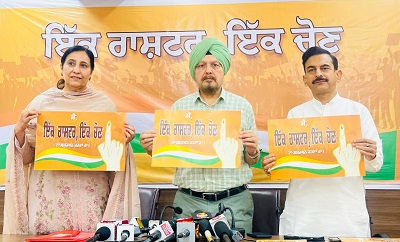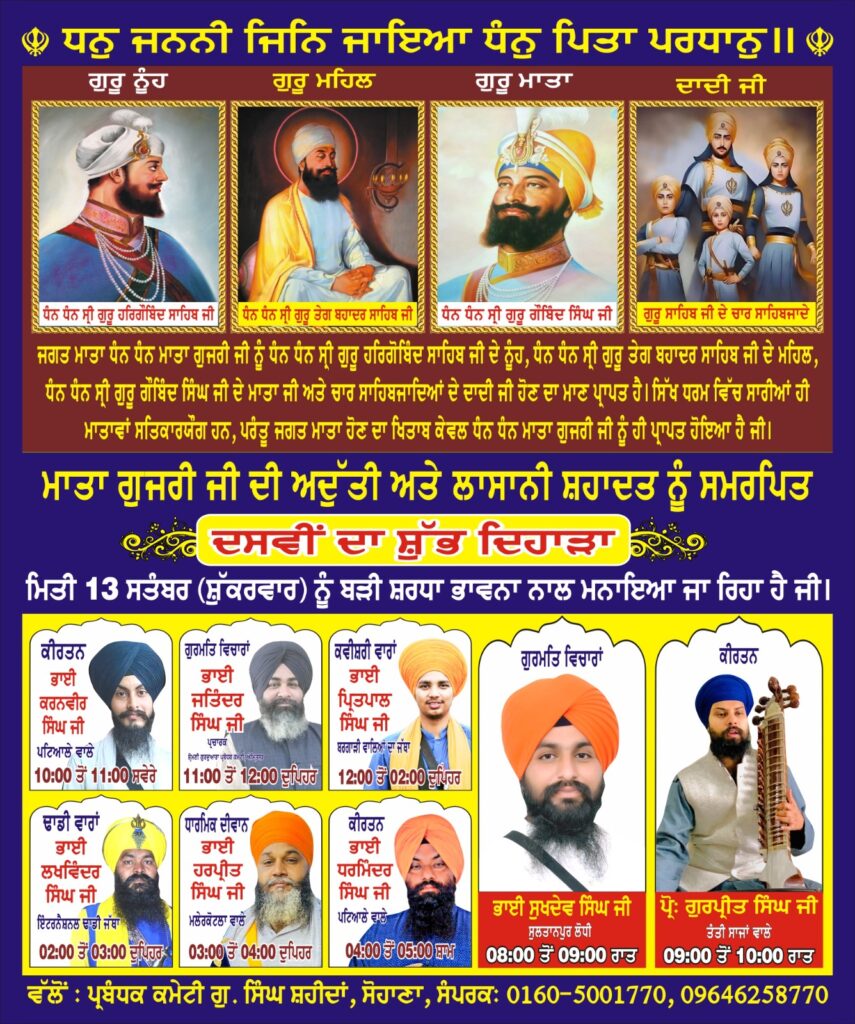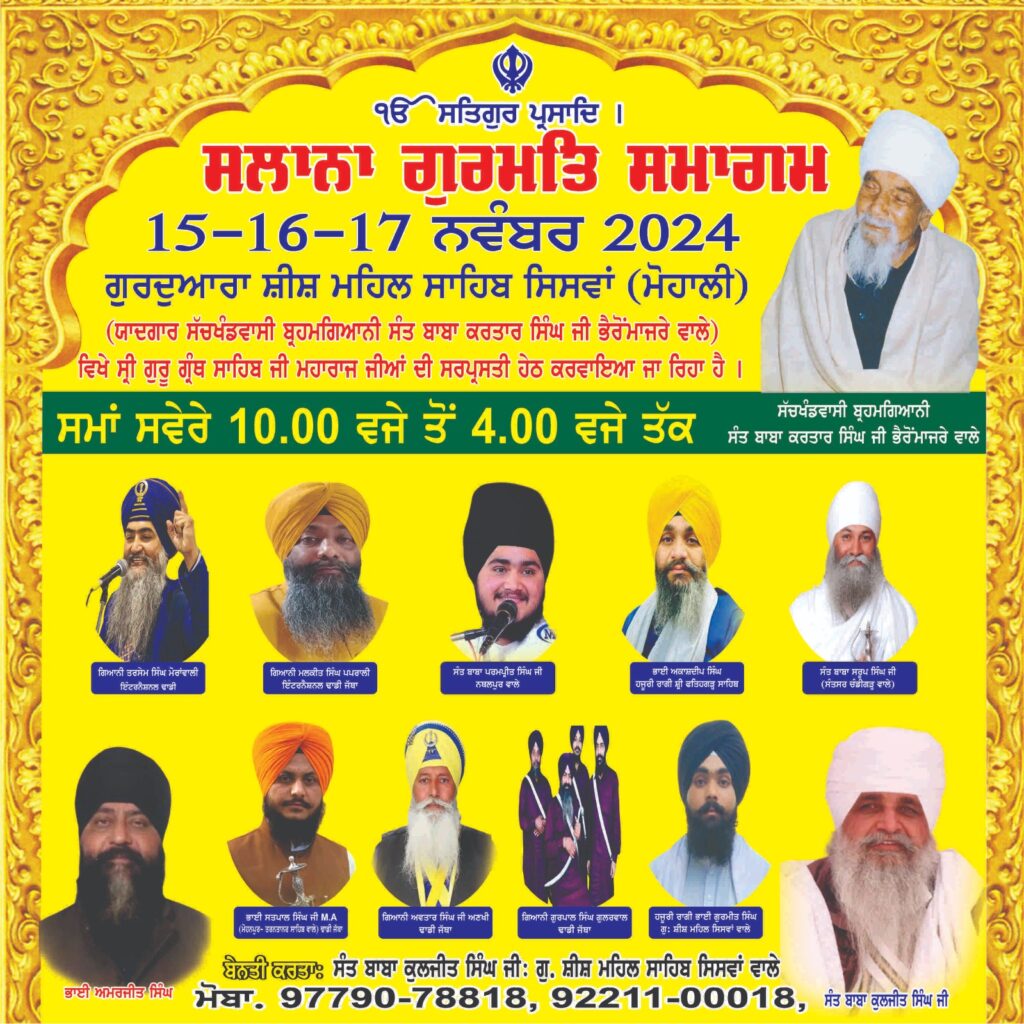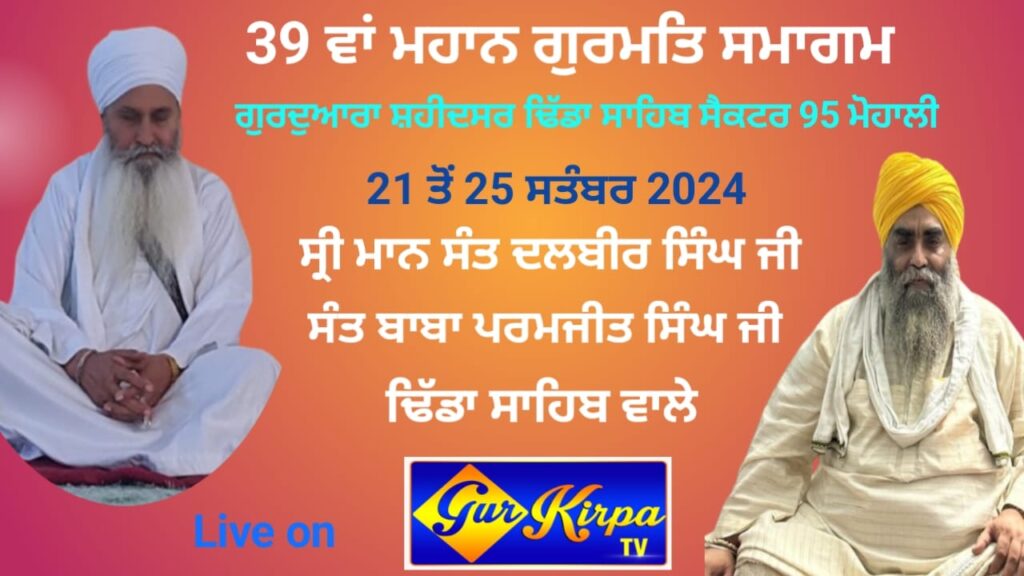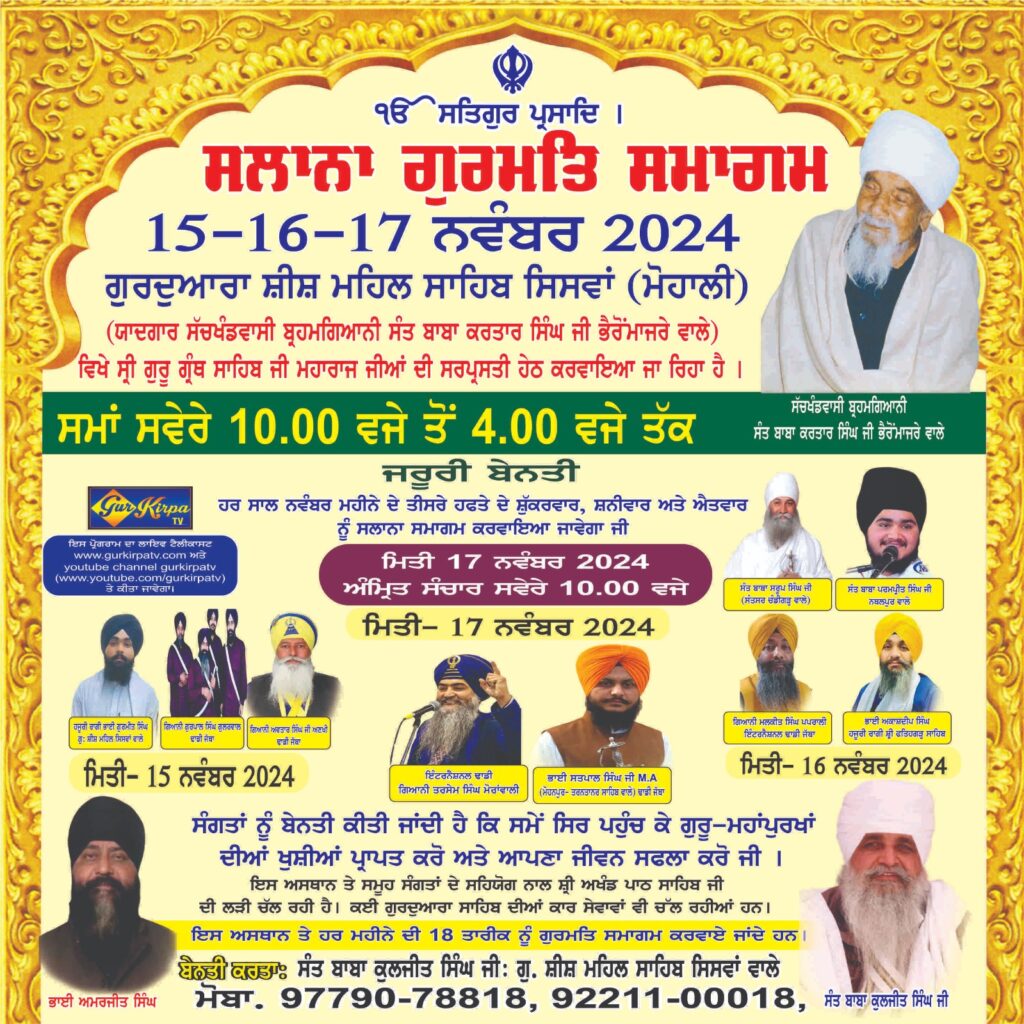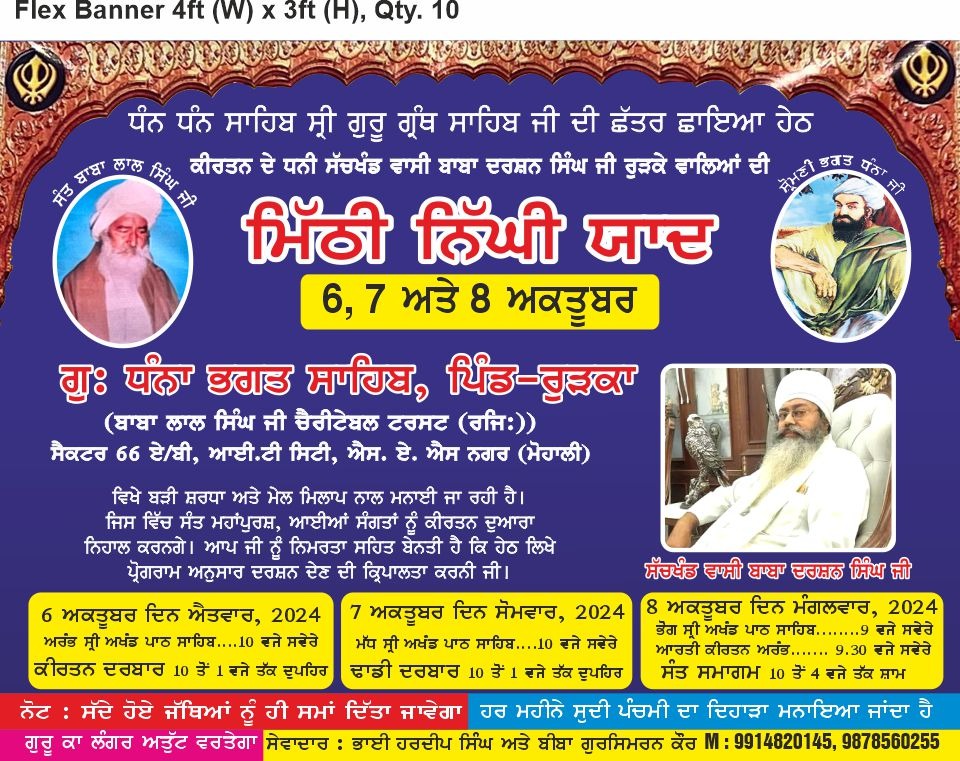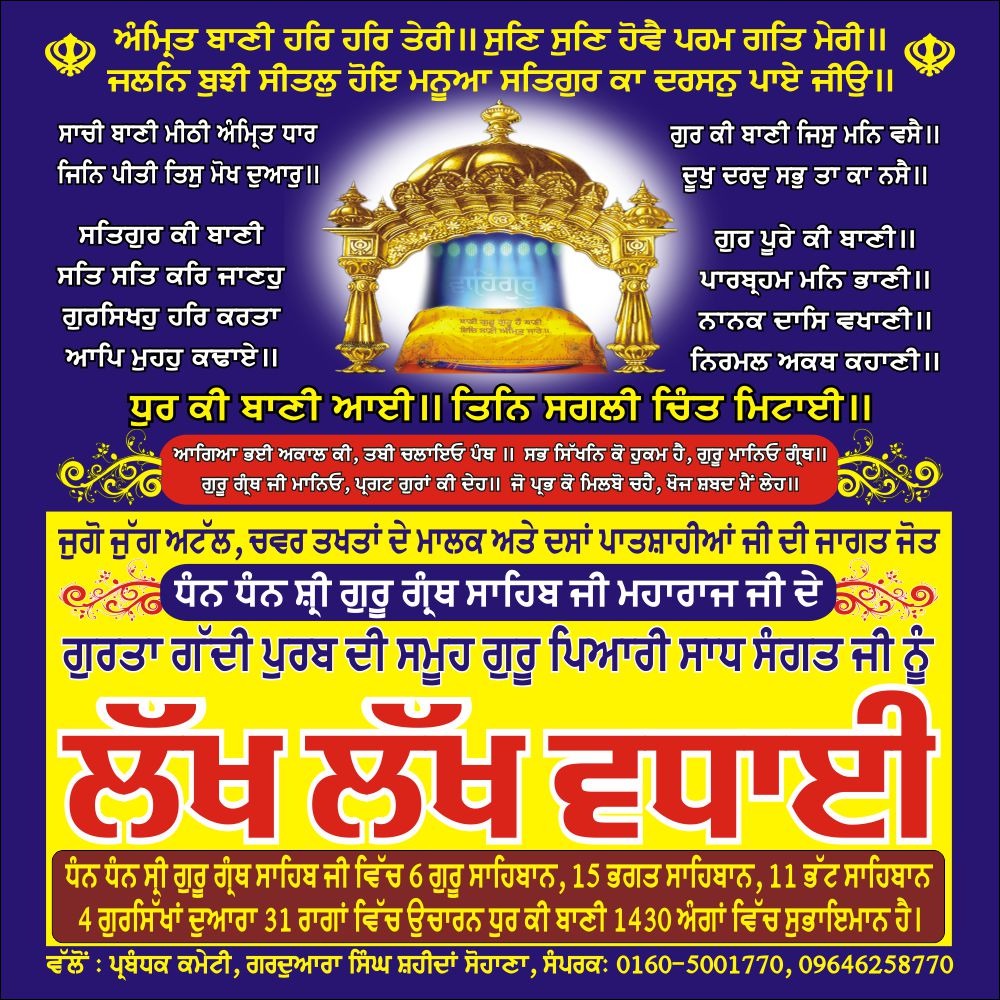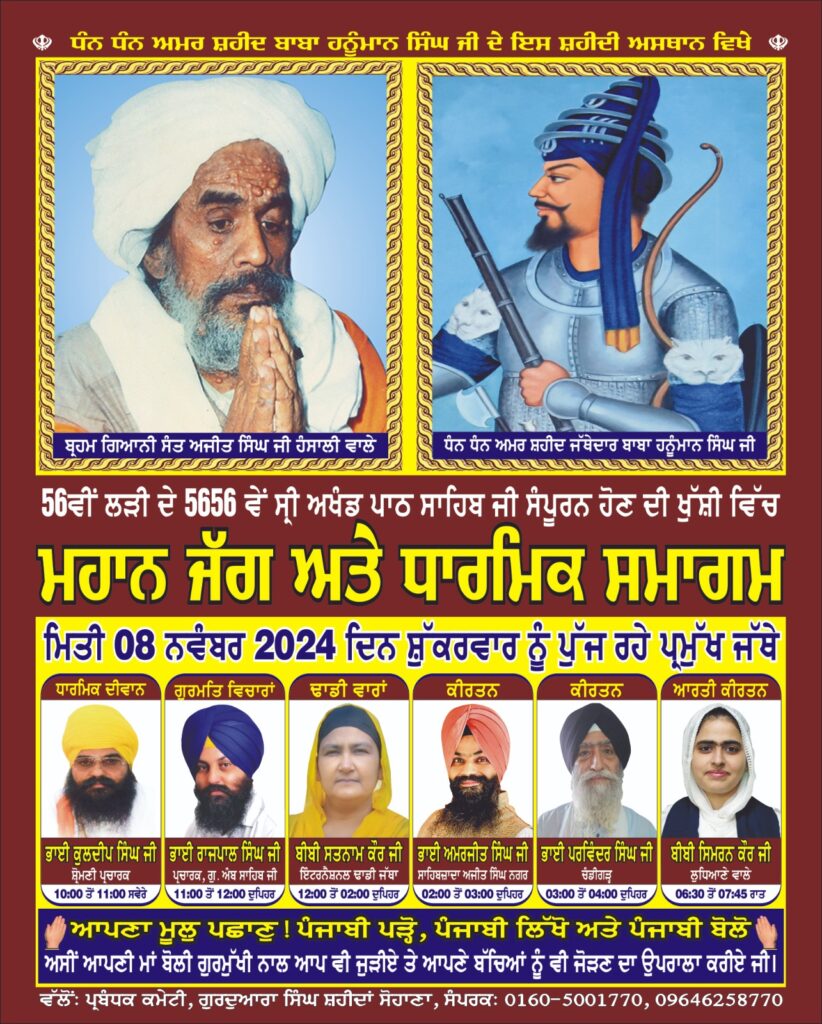Chandigarh/Gurkirpa Bureau/ April/ 16 /2025
Since the very independence the country has been facing many challenging tasks. Most of the challenges have been addressed with logical conclusions. In the recent past the hurdles which were considered close to impossible have been met with solutions, maybe it was removal of Article 370 from The Constitution, Implementation of GST, ,Digital India, Triple Talaq including, lately The Waqf Amendment Bill.
It has been one of the agenda items for ensuring ‘Viksit Bharat’ with the implementation of One Nation One Election. The promise has been made in the manifestos of BJP in the recent past and to achieve the objective a 9 member committee headed by Shri Ram Nath Kovind, Former President of India including people like Shri Amit Shah, Home Minister and Shri Harish Salve, Eminent Jurist, the committee produced a report in 191 days containing 18600 pages. The Union Cabinet accepted this report and a bill was prepared. Before the bill was introduced in the Lok Sabha, there has been online consultations with 20,000 people, former Chief Justices & Judges of the Supreme Court, former Chief Justices & judges of the High Courts, former Chief & Election Commissioners of ECI, national level bodies of the industry like FICCI, etc etc, who all endorsed the proposal. The bill has been introduced in the Lok Sabha and has been referred to The Joint Parliamentary Committee. There have been recommendations in the past for this purpose of The Law Commission of India, Election Commission of India, Parliamentary Standing Committee and NITI Aayog etc in its favour.
The framers of The Constitution provided for One Nation One Election in The Constitution itself. The system delivered very well from 1952 to 1967. The cycle was broken due to the dissolution of State Assemblies and the Lok Sabha entirely by the Congress dispensations which resulted in separate elections for the Lok Sabha and State Assemblies. This process has cost very dearly to the nation at large. To note, the first general election costs were only Rs. 10.50 crores whereas 2019 election put the cost at Rs. 60k crores and 2024 Rs. 1.35L crores and the total cost of the elections processes put together has been Rs. 4L crores to Rs. 7L crores. Besides the expenses frequent elections torpedoes the governance part and its continuity. Frequent imposition of Model Code of Conduct, movement of security forces, deployment of staff puts brakes on the development process and routine working of the nation and the states’ as whole of the paraphernalia gets involved in the ensuing elections whenever announced. Preparation of the multiple voter lists is again a very elaborate exercise and a headache. This puts a lot of pressure and cost on the administration and political parties. Frequent elections leads to announcements of freebies by some parties and also sometimes divide the society on communal and class lines. It ensures wastage of 3 Ms ie, money, men and material. Just to mention in the last 5 years the model code of conduct remained imposed for 865 days. We elect the government for full 5 years but they serve only for half of the term. 5 to 7 state assemblies elections are held every year. All the political parties and their bigwigs leave their normal routine work of governance and remain busy in the electioneering.
There is a long list of advantages of One Nation One Election movement. The government has decided that this programme should become people’s movement as it is going to benefit every citizen, every candidate, every political party, the entire machinery of the National Government and State Governments. For this very purpose, the campaign has been launched n…

